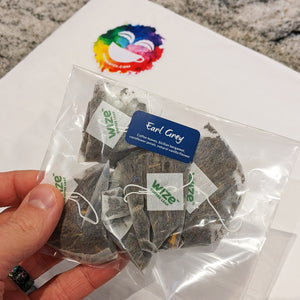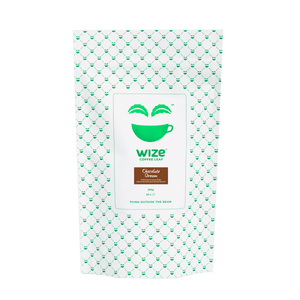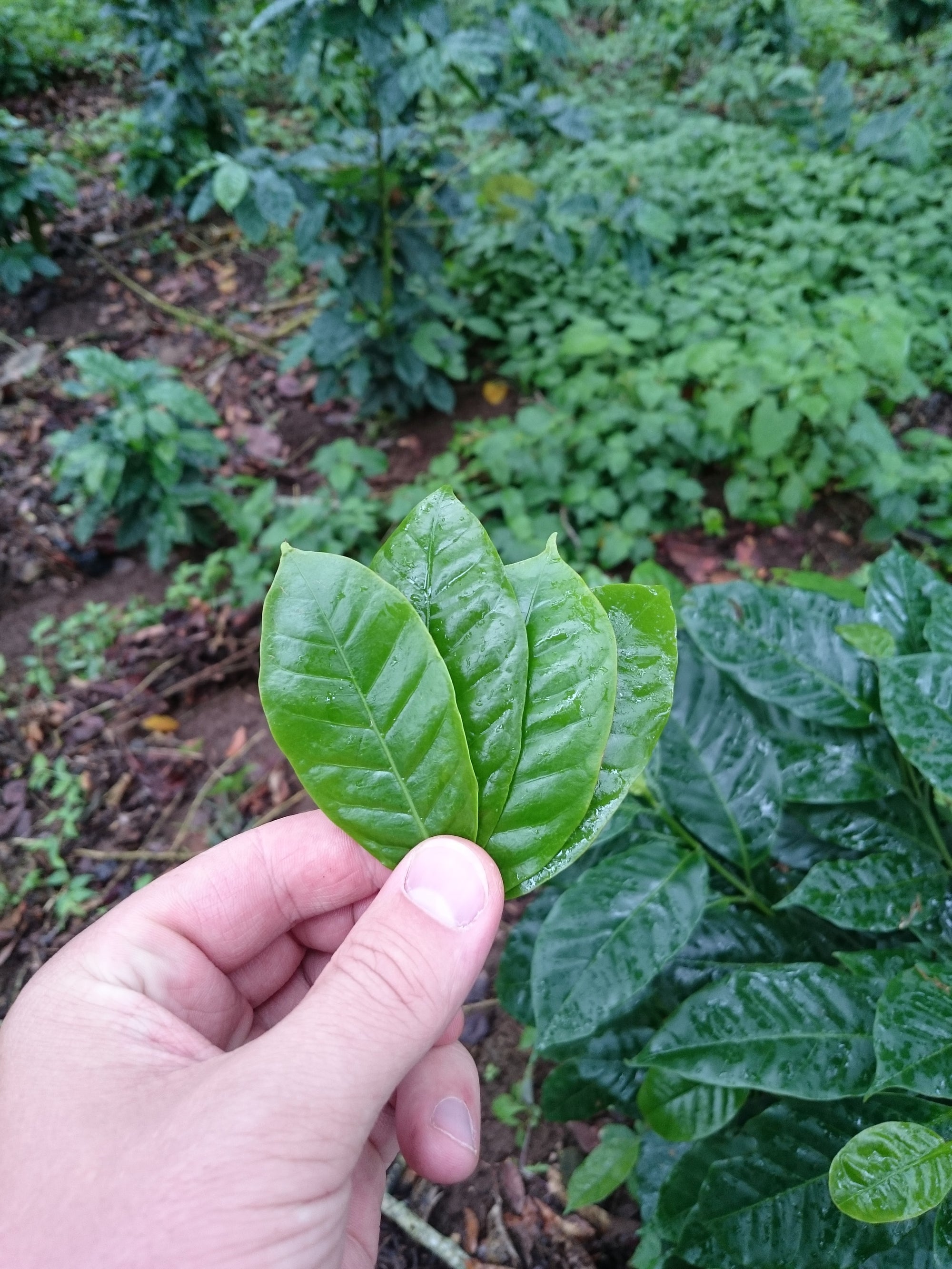A new review on mangiferin was just published and it's an enlightening and exciting look on the coffee leaf's hero antioxidant. Let's take a look at some of the highlights (entire study is here).
Tumors thrive in chronic inflammation due to increasing infiltration of cytokines, growth factors, and chemokines to the tumor microenvironment. Phenolic compounds (antioxidants) are considered natural remedies for inflammation and cancer.
Mangiferin possesses numerous pharmacological activities. It has the potential to attenuate inflammation in different organs through the mechanisms of inhibiting pattern recognition receptors, regulating cell signalling pathways, activating autophagy (removal of dysfunctional cells), inhibiting the secretion of inflammatory mediators, and protecting intestinal barrier integrity, which in turn prevents cancer.
In addition, mangiferin also possessed potentially beneficial effects on diabetes, liver injury, cardiovascular injury, and other inflammation-related diseases in animal models through its anti-inflammatory effect.

The figure above shows the anti-inflammatory molecular mechanisms of mangiferin at different levels, detailing its effects on inflammation in relation to cytokines and autophagy.
- The anti-inflammatory mechanisms of mangiferin include inhibiting the inflammatory response, activating autophagy, improving glucose, lipid, and energy metabolisms, regulating cell signaling pathways, inhibiting the secretion of inflammatory mediators, and improving metabolic syndrome.

The above chart details the relationship between mangiferin and its effects on inflammatory markers, which directly impact tumor growth and cancer risk. Below are some of the related findings:
- The sensitivity of cancer cells to anticancer drugs was enhanced by mangiferin through suppressing NF-κB pathway.
- Mangiferin triggered autophagy and exhibited the potential chemotherapeutic capacity for pancreatic cancer.
- In lunger cancer cells, mangiferin up-regulated tumor suppressor genes.
- Mangiferin also helps to restore the intestinal barrier function, which may ameliorate intestinal inflammation and slowing tumor growth
- Mangiferin might attenuate brain damage via inhibiting inflammasome activation and simultaneously suppressing oxidative stress and pro-inflammatory cytokines.
"Overall, mangiferin, a natural small polyphenol compound, has a wide range of sources and bioactivities, and potentially functions as a novel therapeutic agent for inflammation and cancer treatments, thereby, has promising development and application prospects."
There are more studies coming out around the world about mangiferin every month. This is an exciting new avenue for treatment of many ailments, and the team at Wize is keen to see where this goes. Cheers to discovering more about the natural world!




















